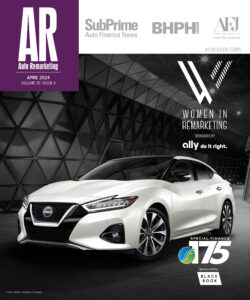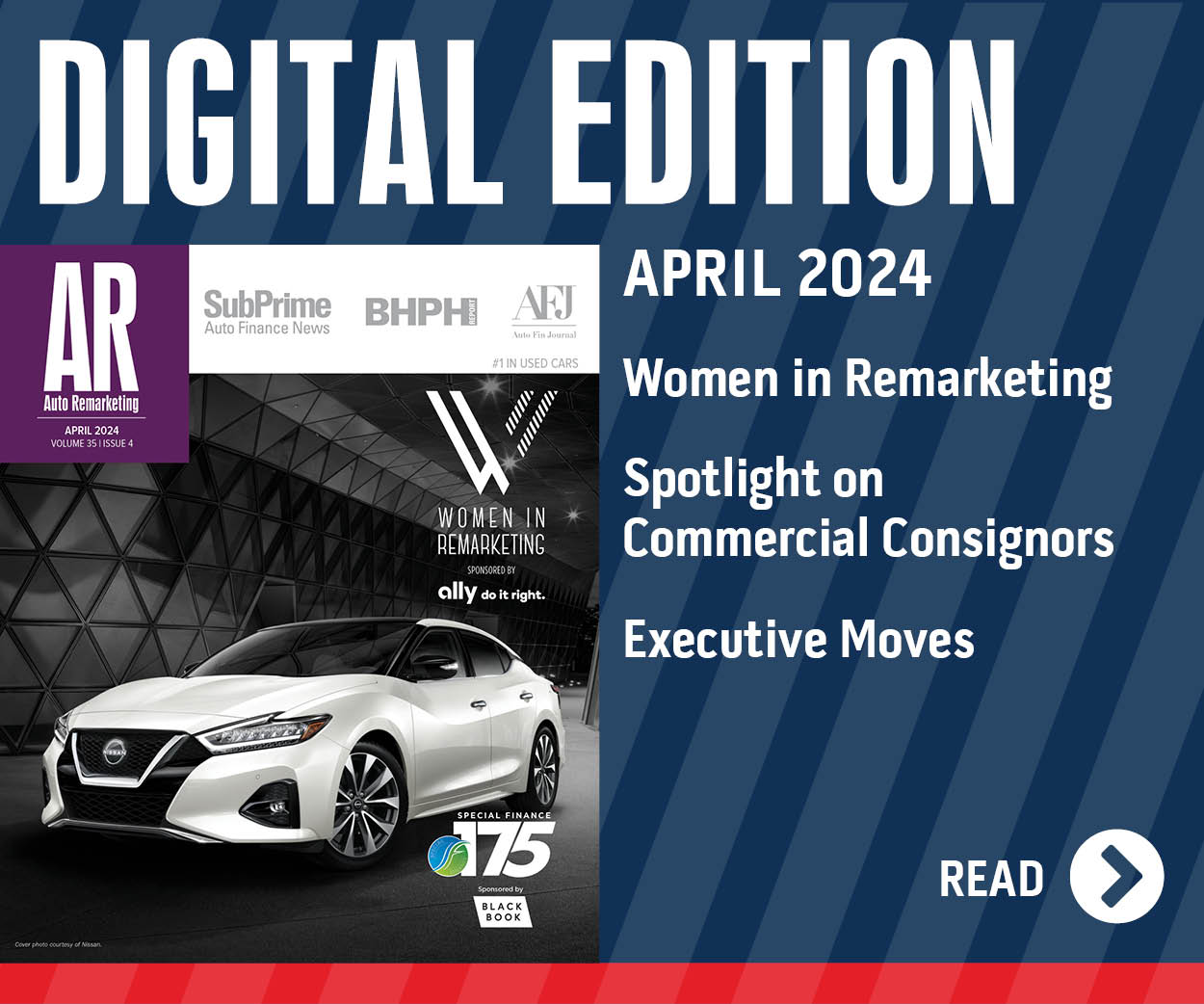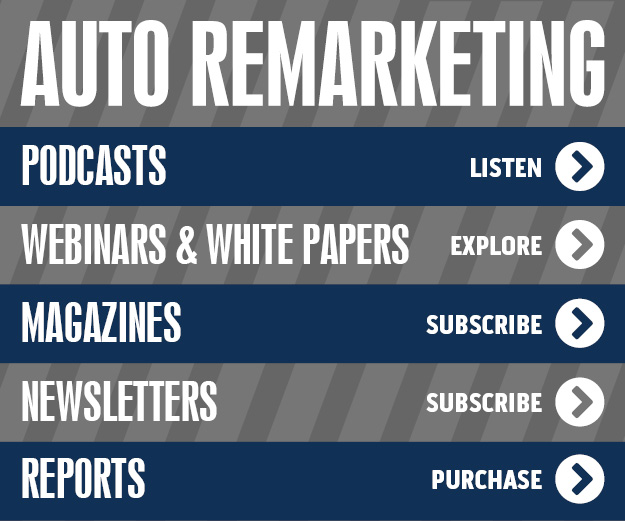Penske on inventory mismatch impacting used & leasing markets

Photo from Shutterstock.com
Just like when trying to turn used vehicles, Penske Automotive Group chairman Roger Penske also sees an inventory mismatch when dealer group stores look to put their customers into a lease for a new model.
Penske addressed the new-vehicle leasing situation and the potential impact on residual values when the dealer group hosted its quarterly conference call as the company also touted the success of its standalone used-vehicle operations.
“I think right now you’ve got to step back and look at what the marketplace is demanding and it’s demanding SUV and trucks,” Penske said. “I don’t think that the supply base is matched with what’s being sold at the moment.
“So that’ll take some pressure potentially off incentives if the manufacturers can produce enough trucks and SUVs and slow down the sedan,” he continued. “From a residual standpoint, I think there’s no question that that’s been a tool, it’s been in the background that the manufacturers’ finance subsidiaries have been able to do manage through up or down movement of the residuals to affect the realistic payment in the marketplace.”
Penske reiterated that decisions about production, incentives and residual values are all made by the automakers, not dealers. Those choices are all the more important in the luxury segment, according the dealer group boss.
“We have to have a competitive lease rate, and we’re seeing most of our leases in the premium luxury being approximately 30 to 36 months,” Penske said. “There’s no question that that’s a great length of payment because we get that customer back in.”
More on used-car stores
As previously reported by Auto Remarketing, Penske posted a used-vehicle performance lift during the first quarter thanks in part to the addition of U.S.-based CarSense and U.K.-based CarShop, both of which are stand-alone specialty retailers of used vehicles.
During Q1, Penske reported these used-vehicle dealerships retailed 8,200 units. The investment community questioned if Penske wanted to collect more operations like CarSense and CarShop.
“Well, there are a number of smaller used-car businesses around the U.S. We’ve looked at some of these,” he replied. “Some of them are tied to finance companies and other aspects of the used business. I would have to say our mission probably right now both in the U.K. and the U.S. will be greenfield sites to grow.
“The good news is they have a model that’s working,” he continued. “We understand the compensation metrics. We have a parts and service business, which gives us an advantage because of the units in operation. That’s one thing you got to remember that there’s still a parts and service metric on this particular business, and I think that’s one of the benefits buying an existing business.”
So is Penske ready to make more deals in the U.S. or the U.K.?
“I can assure you that I’m sure everyone that’s in the space is going to be looking to see is there anybody out there could be an acquisition, and if there is, I’m sure we’ll be knocking on the door,” Penske said. “But at this point, I don’t have anything that would be meaningful that we would tuck in.”
Imbalance in the mix
Especially here in the U.S., Penske is watching the wholesale market to find the specific vehicles dealer group customers want. And like in the leasing space, SUVs and the like are in demand. Cars? Not so much.
Penske indicated his used-car inventory stands about 39 days.
“We need more vehicles,” he continued. “We certainly see that as we look at our used-car superstores from the standpoint of having enough inventory to continue to grow. I think we got to learn how to be able to buy right at these auctions and look at the OEM auctions to get vehicles.”
“The supply of the right vehicles might be a little bit tough because the mix has changed,” Penske went on to say. “People today want trucks and SUVs. There seems to be an oversupply of used sedans coming through. So, we’re going to balance that out in inventory over the next several months.”
Digital presence
Like many of his dealer group contemporaries, Penske also was asked about online retailing, especially as Carvana gains more steam with additional sales and its initial public offering.
Penske highlighted online volume to company stores is up about 12 percent year-over-year with the dealer group updating websites with “responsive designs.” He added that 50 percent of the group’s site traffic comes through mobile devices.
“So we have to be on top of that,” he said.
Penske also noted the dealer group has the online capability to help customers through what he called “preferred purchase.” The process can help potential buyers evaluate their trade-in value, gather information about financing and more before they arrive at the dealerships.
And if the customer doesn’t want to go to the store to complete deliver?
“We certainly feel from an overall standpoint, the ability for us to deliver a car to a home or to do it to an office is certainly something that’s viable, and we do that already,” Penske said.

 View The Latest Edition
View The Latest Edition

